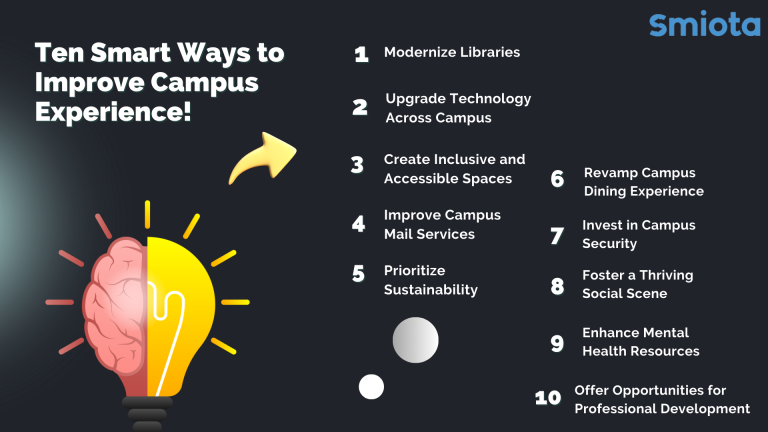
The leadership landscape of 2025 is not just changing, it’s being redefined. Across industries, a clear shift is underway: authority is giving way to authenticity, and strategy is being reshaped by empathy, foresight, and adaptability.
As artificial intelligence continues to automate, economies continue to recalibrate, and social values continue to evolve, the leaders rising to the forefront are those who think differently. They are not simply managing organizations; they are reimagining what leadership itself can mean.
This shift towards what Exeleon Magazine calls a Transformational Mindset is reflected vividly in its 275th issue, The 100 Most Dynamic Leaders of 2025. The edition captures how today’s most forward-thinking individuals, from technology executives to wellness coaches, are blending innovation with introspection, purpose with performance, and digital progress with human values.
Here’s what that transformation looks like through the eyes of some of the most dynamic leaders.
Human-Centered Innovation
In an era where automation dominates headlines, Angelo Adams, President of Zipcar, represents a form of leadership that brings people back to the center of innovation.
For Adams, progress begins not with technology, but with culture. His belief in “innovation powered by people” challenges the traditional top-down management model, proving that the most successful organizations are those that cultivate belonging, diversity, and shared purpose.
Leaders like Adams understand that technology can only be as adaptive as the people behind it. His approach of empowering teams to co-create and challenge conventions embodies the leadership evolution that 2025 demands: one where innovation is not imposed but inspired.
Regenerative Thinking
Davis Pfund, a renewable energy professional and advocate for sustainable innovation, sees leadership as an ecosystem – regenerative, not extractive. His philosophy reflects a growing consciousness in global business: sustainability is no longer a strategy for the future; it is a prerequisite for survival.
Davis champions what he calls regenerative leadership building businesses that restore rather than deplete. His perspective highlights a new kind of long-term thinking taking root in boardrooms and startups alike, one that connects purpose to planetary health.
This movement toward regenerative models signals a broader shift in leadership psychology. It’s no longer about maintaining equilibrium; it’s about giving back more than one takes. Leaders like Davis are proving that sustainability and profitability are not conflicting forces, but complementary outcomes of a more mindful vision.
Redefining High Performance
Performance has long been measured by results, but Eva Medilek, Founder of Optimize You High-Performance Coaching, believes that the cost of achievement must no longer come at the expense of well-being.
Her work focuses on dismantling the culture of burnout that has dominated corporate life for decades. “High performance without personal sacrifice,” she says, is the foundation of lasting leadership.
Medilek’s approach of blending neuroscience, mindset training, and emotional intelligence mirrors a widespread realization in 2025: that leadership excellence depends on human energy, not just output. The new generation of dynamic leaders are learning that mental clarity, emotional resilience, and self-awareness are now as critical as any business skill.
Purpose as the New Compass
In 2025, the lines between business and mission are increasingly blurred, and Dr. Navin Goyal, MD exemplifies this intersection. A physician turned investor and Co-Founder of LOUD Capital, Navin embodies the evolution from profession to purpose.
His transition from medicine to mission-driven entrepreneurship demonstrates how the next era of capitalism will be conscious, not extractive. Navin believes the true measure of success lies in contribution; in using business as a tool for community upliftment, education, and equitable opportunities.
This alignment of profit with purpose is redefining the entrepreneurial ethos. As investors and companies move toward social innovation and impact-driven growth, leaders like Navin signal a collective shift toward values that prioritize legacy over leverage.
Awakening Leadership in Others
On the cover of Exeleon’s 100 Most Dynamic Leaders of 2025 stands Dr. Stoyana Natseva, Founder of Happy Life Academy®, who brings the transformational mindset full circle. Her philosophy is clear: leadership is not about power, it’s about awakening it in others.
“Dynamic leadership is the art of constant evolution. It is not about authority; it is about awakening potential in others.”
Dr. Natseva’s mission, to awaken one million leaders who will, in turn, awaken the world, underscores a defining principle of modern leadership: transformation is contagious.
Her fusion of science, psychology, and spirituality mirrors a broader trend across industries, the merging of measurable progress with mindful purpose. By nurturing self-awareness and emotional intelligence alongside strategy, she represents a future where leadership and humanity coexist seamlessly.
The New Leadership Equation
When viewed collectively, these stories highlight a striking truth: the leaders defining 2025 are not defined by titles or industries, but by perspective.
They are adaptive yet grounded. They embrace AI while elevating empathy. They understand that leading in the digital age requires something more enduring than strategy, it requires mindset.
This is the quiet revolution shaping modern leadership. It’s happening not in board meetings, but in conversations about balance, sustainability, and purpose. It’s being led by individuals who challenge conventions, rebuild structures, and redefine success through service, not status.
The transformation of leadership is no longer theoretical, rather it’s experiential. And the individuals driving it are not waiting for permission. They are already leading, differently.
Looking Ahead
The stories of these leaders form more than an annual recognition. They reflect a global movement toward conscious, compassionate, and transformational leadership.
As organizations face the dual challenge of technological acceleration and social accountability, it’s clear that the next generation of leaders will not be those who command attention, but those who cultivate it.
2025 belongs to the thinkers, the connectors, and the catalysts, the leaders who understand that transformation begins not with systems or structures, but within the human spirit.





